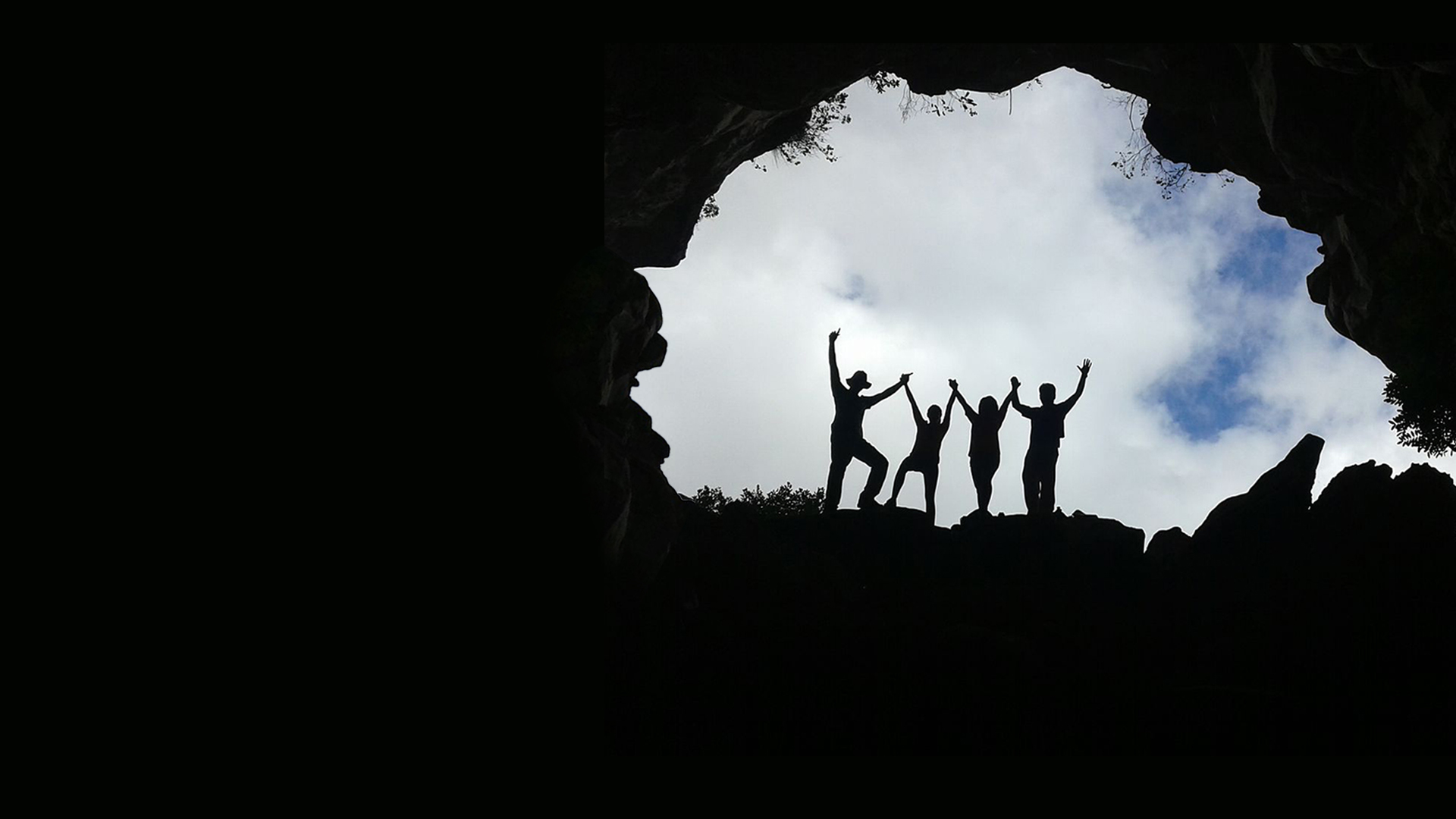National Open Education Planning Sprint
Mackintosh, W.
Agenda quicklinks
| 10:30 - 10:45 | Overview and orientation |
| 10:45 - 11:15 | Open education wicked questions |
| 11:15 - 11:45 | 15% Solutions and national decision proposals |
| 11:45 - 12:30 | Plenary report back |
| 12.30 - 13.00 | The way forward |
Aim
The purpose of this workshop is to develop draft proposals for action to accelerate the adoption of Open Educational Resources (OER) and Open Educational Practices (OEP) for the benefit of post-secondary learners in Aotearoa New Zealand.
Format
The workshop will adopt a strategic planning sprint format aimed at producing outputs in a short time utilising the diverse experience of attendees. Using open methodologies, the proposals for action we generate during the meeting will be refined transparently in an open wiki after the meeting.
The New Zealand Centre for Open Education Practice will table the recommendations and proposals for action arising from the workshop to:
- Relevant working groups planning the new Institute of Skills and Technology
- The New Zealand National Commission for UNESCO
- Universities New Zealand
Agenda
Note: Sessions 2 and 3 (small group sessions) will not be live-streamed, but there will be an opportunity for online participants to contribute to the discussion online.
Session 1: Overview and orientation
10.30am – 10:45am
Facilitator: Wayne Mackintosh
Wayne provides and overview of the planning sprint which aims to address the following questions:
- What do we know about the open education problem in New Zealand?
- What are the key open education practice challenges we face in New Zealand?
- How do we move forward?
Session 2: Open education wicked questions
10:45am – 11.15am
Small groups brainstorm and prioritise wicked questions
Wicked questions highlight paradoxical-yet-complementary forces that are constantly influencing behaviors and that are particularly important during change efforts. They expose tensions between the espoused vision of open educational practice and local institutional contexts.
Question template: “How is it that we are … and we are … simultaneously?”
Examples:
- How is it that OERu has an international award winning online OER course, Learning in a Digital Age to develop digital literacies yet only one New Zealand institution has adopted the course as an elective for a local degree?
- How is it that our Parliament adopted the New Zealand Government Open Access Licensing Framework (NZGOAL) encouraging School Boards of Trustees to adopt Creative Commons licensing policies, yet tertiary education was not included in these open licensing arrangements for publicly funded education materials?
Tasks
- Create an account on community.oeru.org (click on the “Sign up” button if you don’t already have and account).
- Working alone, each participant writes down their own open education wicked question and posts this question on community.oeru.org for record keeping purposes (5 mins)
- Working in small groups, participants discuss and identify the most impactful wicked question for their group. (20 mins)
- Group facilitator records the most impactful wicked question for their corresponding group number.
Links for group facilitators
Group 1 | Group 2 | Group 3 | Group 4 | Group 5 | Group 6 | Group 7 | Group 8 | Group 9 | Group 10
Session 3: 15% solutions and national decision proposals
11.15am – 11.45am
Small groups prepare 15% solutions and national decision proposals for open education wicked questions.
15% solutions focus on what each individual person or institution has the freedom and resources to do now in solving a designated open education wicked question. Solutions outside of what’s within the participants’ or institutions’ discretion may require a national decision proposal.
Tasks
- Working alone, each participant generates their own list of 15% solutions (5 mins)
- Where do you have discretion and freedom to act?
- What can you do without more resources or authority?
- Individuals share their ideas with the group inviting consultation and suggestions (10 mins)
- Group facilitator records (15 mins):
- 15% solutions that have merit for wider adoption (i.e. those that most individuals or institutions could implement)
- National decision proposals (i.e. proposed solutions outside of the discretion and freedom to act at the individual or institutional level) – Specify the national entity that should implement the decision.
Links for group facilitators
Group 1 | Group 2 | Group 3 | Group 4 | Group 5 | Group 6 | Group 7 | Group 8 | Group 9 | Group 10
Session 4: Plenary report back
11.45am – 12.30pm
Group facilitators summarise 15% solutions and national decisions proposals.
Session 5: The way forward
12.30pm to 1.00pm
Plenary discussion:
- Next steps for the way forward
- Volunteers for open education proposal drafting team
- Open reflections on the inaugural national open education symposium
- Proposed dates for the next COEP national symposium
Facilitator profile
Wayne Mackintosh is New Zealand’s UNESCO Chair in Open Educational Resources (OER). He is also the Managing Director of the OER Foundation headquartered at Otago Polytechnic which coordinates the OERu international partnership.
Event Timeslots (1)
Plenary planning workshop (Room Z114)
-
Wayne Mackintosh


